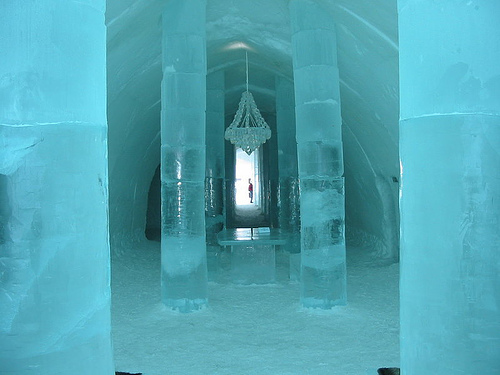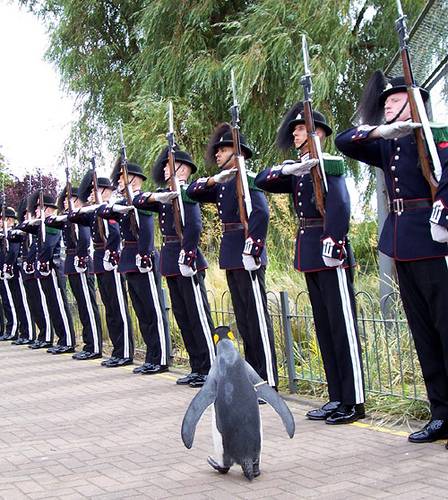Here’s one way to beat temptation: file a lawsuit. In 1971, Gerald Mayo sued “Satan and his staff” in U.S. District Court for the Western District of Pennsylvania. He alleged that “Satan has on numerous occasions caused plaintiff misery and unwarranted threats, against the will of plaintiff, that Satan has placed deliberate obstacles in his path and has caused plaintiff’s downfall” and had therefore “deprived him of his constitutional rights,” a violation of the U.S. Code.
The court noted that jurisdiction was uncertain; legally the devil might count as a foreign prince. Also, Mayo’s claim seemed appropriate for a class action suit, and it wasn’t clear that Mayo could represent all of humanity. Finally, no one was sure how the U.S. Marshal could serve process on Satan.
So the devil got away. Mayo’s case has been cited several times, and has never been overturned or contradicted.



